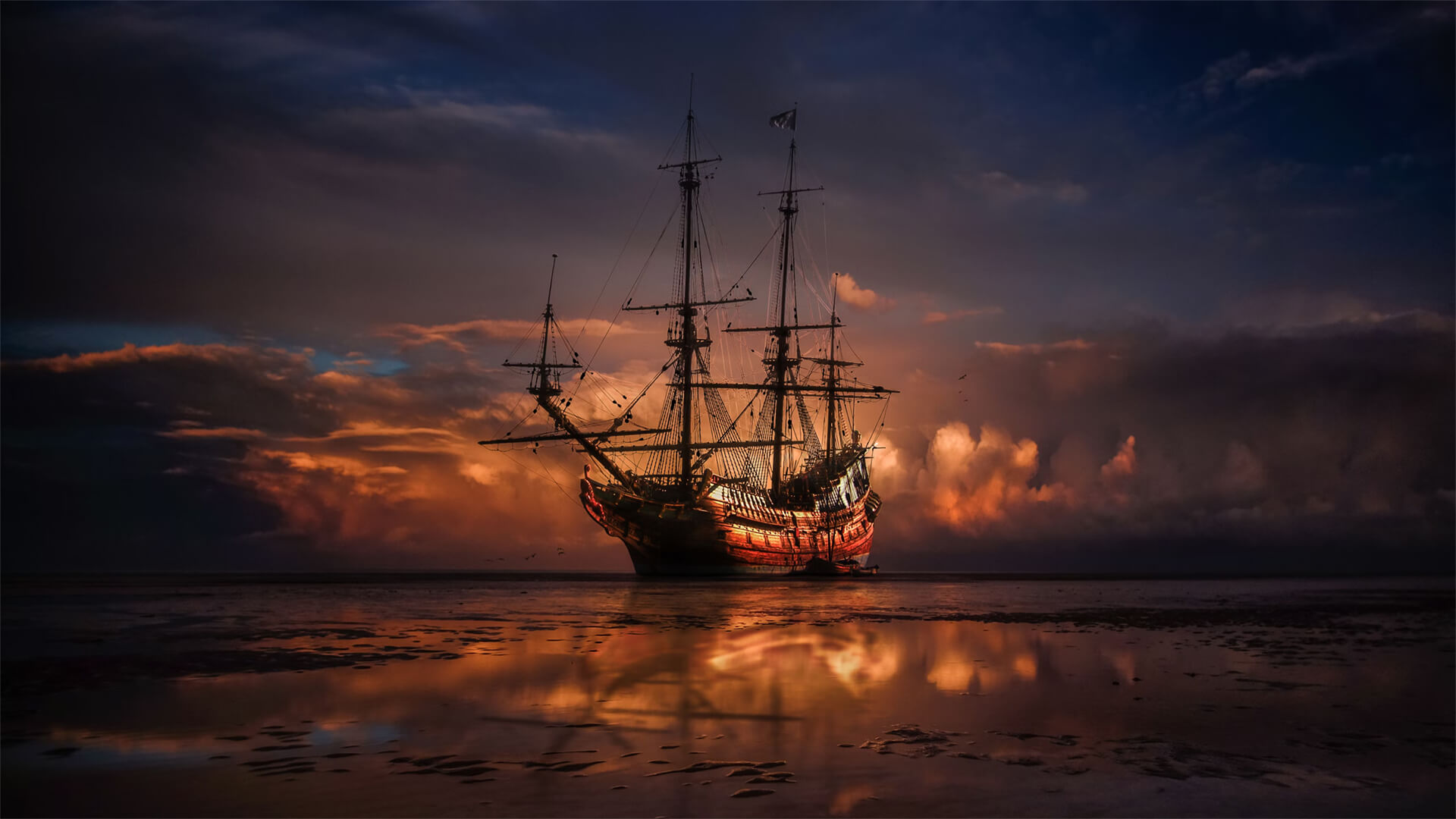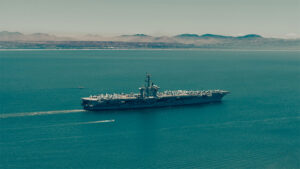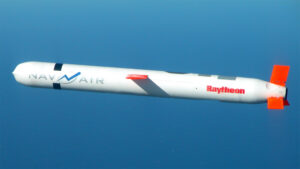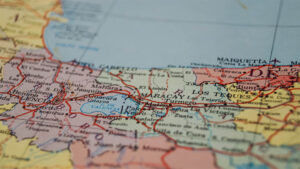As the US withdraws from its position as global protector of the seas, will the age of pirates return once more? Okay, maybe Blackbeard won’t be making a comeback, but piracy will have a role in the future of trade.
Countries are likely to fall into one of two camps: combating piracy or embracing it. And it will largely depend on self-sufficiency. Places that need a little outside maritime help (especially for energy imports), like France, Italy, Japan, and Southeast Asian nations, will oppose piracy and protect shipping routes.
For places like Turkey, where trade happens over land, and they are largely self-reliant, more aggressive policies like protection rackets might become the norm. We could even see a bloc between Turkey, Israel, and Egypt form, leveraging the different strengths of each nation.
And of course, there will be some exceptions. A country like India might oppose piracy to its west but tolerate it to the east.
The decline of global maritime stability will lead to the regionalization of control, with different powers making the rules in each route. And if there was a place to watch, keep an eye on critical energy routes in and around the Persian Gulf.
Transcript
Hey, Peter Zeihan here coming to you from Kodachrome State Park in Utah. And today we are taking a question from the Patreon crowd about piracy. Argh. And the idea is, as it becomes obvious to everyone that the United States is incapable of maintaining freedom of the seas for commercial shipping. What sort of states fall on which side of the divide?
Pro pirate or anti-pirate? Great question. Okay, so, the dividing line between those two groups, those who will become pirates and those who will fight the pirates basically comes down to the degree of self-sufficiency that they have. So if you have your own food, your own energy, your own manufacturing capacity, and you’re not dependent upon the seas for transport for any of those things.
Then all of a sudden, piracy looks like a really interesting option. And you can do this as a group with other countries that are like minded or part of a network. However, if you’re on the flip side where you are dependent upon cross seas transport to maintain anything, then all of a sudden pirates are the bad guy. So let’s start with the folks who are going to need to maintain a degree of connection.
At the top of that list are going to be France and Italy. These are countries that are regional powers, have reasonably powerful navies that are about right size to their needs. But far more importantly, they are going to need at least limited degrees of interaction with other regions. In both cases, you’re looking at countries that, for example, need to import almost all of their oil and natural gas and that absolutely has to come, from the water.
So the French Navy, the Italian maybe are going to look, very negatively at things like pirates when it comes to their national security. Let me continue with that list of countries, Southeast Asian Japan, countries that, for a mix of reasons, are going to maintain, a naval presence. Japan is pretty self-explanatory.
It’s very poor in natural resources, most notably energy. Southeast Asia is a cluster of countries that I think are actually going to do really well moving forward. Their agricultural conditions are pretty good, their energy conditions are pretty good. And there a series of peninsulas and mountains and highlands and jungles and islands. That means that they have to integrate via water, as opposed to integrate via land.
And so anyone who could be sand in the gears is going to be a problem. And I can absolutely see the Japanese and the Southeast Asians for any number of reasons, collaborating moving forward. Again, somebody who would be the sand in the gears. Now, the problems that these groups Italy, France, Southeast Asia, Japan are going to face are unfortunately fairly close to home because in both cases, you’ve got blocks of powers that really don’t fall into these categories.
Most of their interests are on land. And at the top of that list, if you’re looking from the west side in the Mediterranean, that’s Turkey. Now, Turkey is already a massive industrial power, and it has been moving in the direction of a more coherent industrial policy for the last 20 years, as the Europeans have basically started to age out.
The Turks know in their bones that over the next generation, any product that they’re going to need, they’re going to have to produce themselves. And they’re probably going to do this with some countries, like I say, in Southeast Europe, most notably Bulgarian Romania. But when it comes to say, energy Iraq and as a region are right there, you don’t need to sell to get to either of those places.
So you can see the Turks being very, very aggressive in enforcing basically protection rackets in the eastern Mediterranean. The only real question is whether or not Israel and Egypt are going to join them or be hostile to that sort of effort. It would make so much more sense for all three powers to be aligned in a bloc, because Israel has the air power and the intelligence capabilities.
Egypt controls the canal and just has a sheer mass, as well as not insignificant energy reserves of its own. The three of them together would be a very powerful bloc that be very hostile to anyone who is on the outside, most notably the French and the Italians. And if this starts to feel like Middle Ages political alignments, you’re not wrong.
On this other side of the equation in the Indian Ocean. The power to watch, of course, is India. India is, self-sufficient in its food. It’s becoming a massive industrial power already that’s going to probably double as the Chinese system collapses. But the real fun thing to keep in mind is, while the Indians do need to import a lot of energy, they’re really the first major market out of sight of the Middle East.
So I can see them being a hybrid position to their west. They’d really frowned upon piracy to their east. I think piracy is a wonderful idea. So I actually see India as being the country that’s most likely to get into privateering. And privateering is basically state sponsored piracy. They would just have a very geographic area where they would support it, and then a very specific geographic area where they would not.
So that’s kind of the sum up. It’s all about how you regulate energy going to and from the Persian Gulf, because when it comes to big global manufacturers trade, that’s pretty much dust in the wind at this point. And anyone who is anyone is going to be looking for a more stable partnership. And if you’re in Europe, that means you have to basically make do with what you have.
If you are in Asia, you might be looking across the Pacific towards the Americas, but you’re certainly not going to look at going through zones that are interrupted with places like Turkey or India who are going to be out for their own good. All right. That’s all I got. You guys take care.








